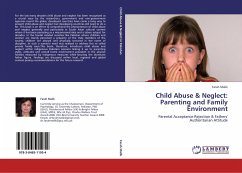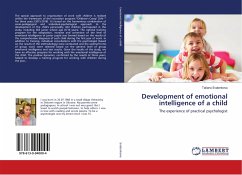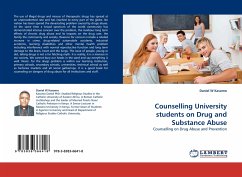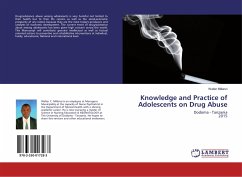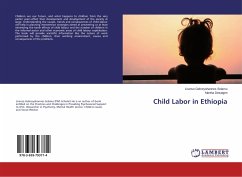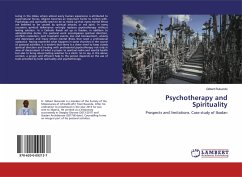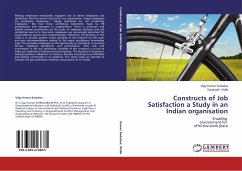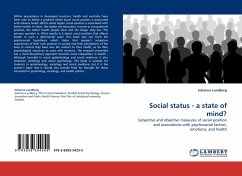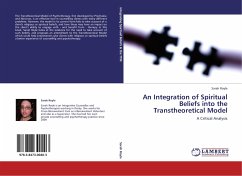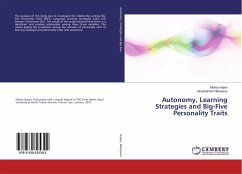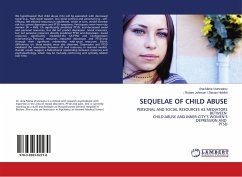
SEQUELAE OF CHILD ABUSE
PERSONAL AND SOCIAL RESOURCES AS MEDIATORS BETWEEN CHILD ABUSE AND INNER-CITY'S WOMEN'S DEPRESSION AND PTSD
Versandkostenfrei!
Versandfertig in 6-10 Tagen
32,99 €
inkl. MwSt.

PAYBACK Punkte
16 °P sammeln!
We hypothesized that child abuse (CA) will be associated with decreased social (e.g., high social support, low social conflict) and personal (e.g., self-efficacy, self esteem) resources in adulthood, which in turn, would increase risk for current depression and PTSD symptoms. Participants were inner-city women (N = 650). CA significantly predicted PTSD, and decreased social and personal resources, but did not predict depression. Social resources, but not personal resources directly predicted PTSD and depression. Social resources significantly mediated the CA-PTSD and CA-depression relationship...
We hypothesized that child abuse (CA) will be
associated with decreased
social (e.g., high social support, low social
conflict) and personal (e.g., self-efficacy, self
esteem) resources in adulthood, which in turn,
would increase risk for current depression and PTSD
symptoms. Participants were inner-city women (N =
650). CA significantly predicted PTSD, and
decreased social and personal resources, but did
not predict depression. Social resources, but not
personal resources directly predicted PTSD and
depression. Social resources significantly mediated
the CA-PTSD and CA-depression relationships.
Personal resources impacted depression and PTSD
only through their significant relationship with
social resources. Ethnic differences on these
models were also observed. Depression and PTSD
mediated the association between CA and resources,
in reversed models. Overall, results suggest a
bidirectional relationship between resources and
psychopathology, which may be mutually reinforcing
and cyclically related over time.
associated with decreased
social (e.g., high social support, low social
conflict) and personal (e.g., self-efficacy, self
esteem) resources in adulthood, which in turn,
would increase risk for current depression and PTSD
symptoms. Participants were inner-city women (N =
650). CA significantly predicted PTSD, and
decreased social and personal resources, but did
not predict depression. Social resources, but not
personal resources directly predicted PTSD and
depression. Social resources significantly mediated
the CA-PTSD and CA-depression relationships.
Personal resources impacted depression and PTSD
only through their significant relationship with
social resources. Ethnic differences on these
models were also observed. Depression and PTSD
mediated the association between CA and resources,
in reversed models. Overall, results suggest a
bidirectional relationship between resources and
psychopathology, which may be mutually reinforcing
and cyclically related over time.



